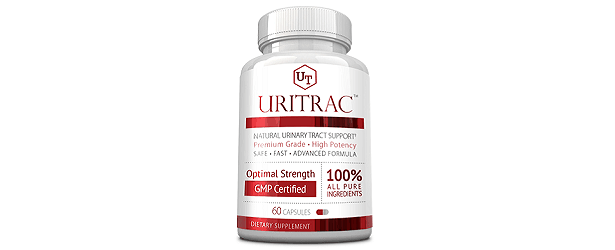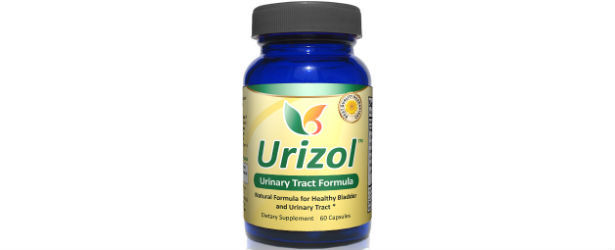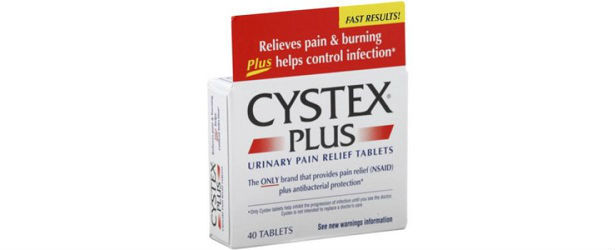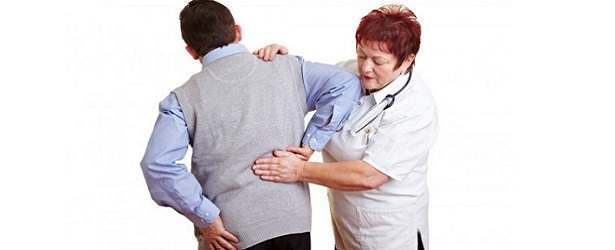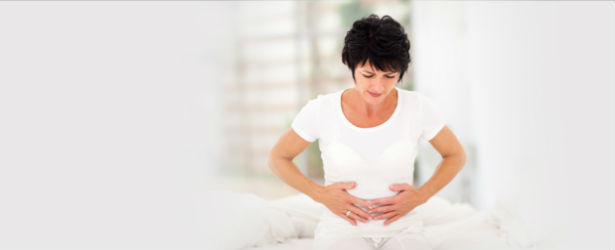
Information on Bladder Infections or UTIs
Bladder Infections: Introduction
Bladder infections are generally called urinary tract infections (UTIs). Bacteria enter through the urethra into the urinary tract, make their way to the urinary tract system and multiply in the bladder to cause infections.
Though treatments are easy, this infection is quite uncomfortable. These infections are acquired from the bacteria present in the intestines known as E.Coli or Escherichia coli.
Types
There are mainly two kinds of bladder infections: upper tract and lower tract. Lower tract infections are found in the urethra or the bladder. An infection in the urethra is known as urethritis while a bladder infection is known as cystitis.
The upper tract involves an infection in the kidneys where the bacteria cause an infection. This infection in the kidney is called pyelonephritis, which happens to be a very serious condition.
Diagnosing Bladder Infections
A physical examination is done by a doctor after going over the patient’s medical history. The lower back, abdomen and pelvic regions are examined to check for enlargement of the kidney or bladder, after which the following tests are performed:
- ultrasound scan

- urine culture
- dipstick urine test
Symptoms
A bladder infection may cause the following symptoms:
- nausea
- headaches
- dizziness
- mild fever
- fatigue
- bladder spasms
- delirium
- Cramps
- frequent urination
- cloudy, bad smelling urine
- burning sensation while urinating
- spotting
- pain in the region above pubic bone
Causes of a Bladder Infection
If bacteria from the rectum is passed to the urethra it can cause an infection to occur. They are mostly caused only by E.Coli, an infectious bacteria but there are other species of bacteria that could be a cause of bladder infections such as Staphylococcus, Klebsiella, Proteus and Enterobacter.
The following are other causes that contribute to bladder infections:
- STDs (sexually transmitted diseases)
- Weak immune system
- Poor personal hygiene
- Using a diaphragm as a birth control measure
- Pregnancy
- Enlarged prostrate
- Existing HIV or diabetes
- Stress
Bladder Infection During Pregnancy
Women are more prone to bladder infections particularly after sexual intercourse. When a woman is trying to conceive, she will have intercourse frequently, which will create more chances for a bladder infection to occur. If she already has an infection, intercourse will cause more pain, irritation and complications.
It is quite common to get bladder infections during pregnancy. It is also possible to have the infection spread to the kidneys at this stage due to regular fluctuations in hormonal changes and the shifts in the urinary tract’s position.
If this is ignored during pregnancy, it may lead to a premature delivery or in high blood pressure in the mother.
Bladder Infection Therapies
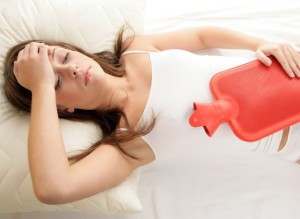 Complementary therapy or drug therapy can be used for reducing bladder infections effectively.
Complementary therapy or drug therapy can be used for reducing bladder infections effectively.
Over-the-counter painkillers, antispasmodics and anti-inflammatory drugs are generally prescribed for pain relief.
Antibiotics are prescribed for the treatment of the infection. However, antibiotic treatments may contribute to a recurring infection, its continuous use may cause your immune system to weaken and may cause yeast infections.
So it is important for pregnant women to consult a doctor before trying any medicine.
Tips to Prevent Infections in the Bladder
- Never hold in your urine
- Drink lots of water
- After using the washroom, women must wipe from the front to the back
- Avoid scented soap, spray, talc and bubble bath as they may cause irritation in the genital region
- Avoid tight-fitting pants
- Wear cotton underwear
- Wash genitals before and after intercourse
- Change sanitary napkins frequently during menstruation
- Avoid excessive intake of sugar and caffeine
- Drink pure and fresh cranberry juice.
TOP 5
URINARY TRACT INFECTIONTreatments |
|||||
| UTI Clear | Urizol | Native Remedies UTI-Clear | Nutrition Depot Urinary Tract Support | Pure Encapsulations Cranberry NS | |
|---|---|---|---|---|---|
| 1 | 2 | 3 | 4 | 5 | |
| Price (1 bottle) Price (6 bottles) Best Value |
$49.95 $139.80 |
$47.95 $287.70 |
$29.95 $179.70 |
$30.00 $180.00 |
$27.00 $162.00 |
| Overall Rating | 99.30% | 77.0% | 72.50% | 63.20% | 61.50% |
| Effectiveness |





|





|





|





|





|
| Speed of Results | Extremely Fast | Good | Average | Slow | Slow |
| Quality of Ingredients | Premium | Good | Average | Average | Average |
| Customer Satisfaction Evaluation | 99.40% | 76.50% | 74.20% | 67.10% | 60.5% |
| Safety Evaluation | Safe for Use | Safe for Use | Safe for Use | Safe for Use | Safe for Use |
| Customer Service Rating |





|





|





|





|





|
| Reorder Rate | Highest | Good | Good | Average | Average |
| Return Policy | Risk Free | Risk Free | Good | Unopened & Restocking Fee | 30 Days + Fee |
| Success Rate | 99.60% | 78.30% | 74% | 71.10% | 68.50% |

 Subscribe Now
Subscribe Now




